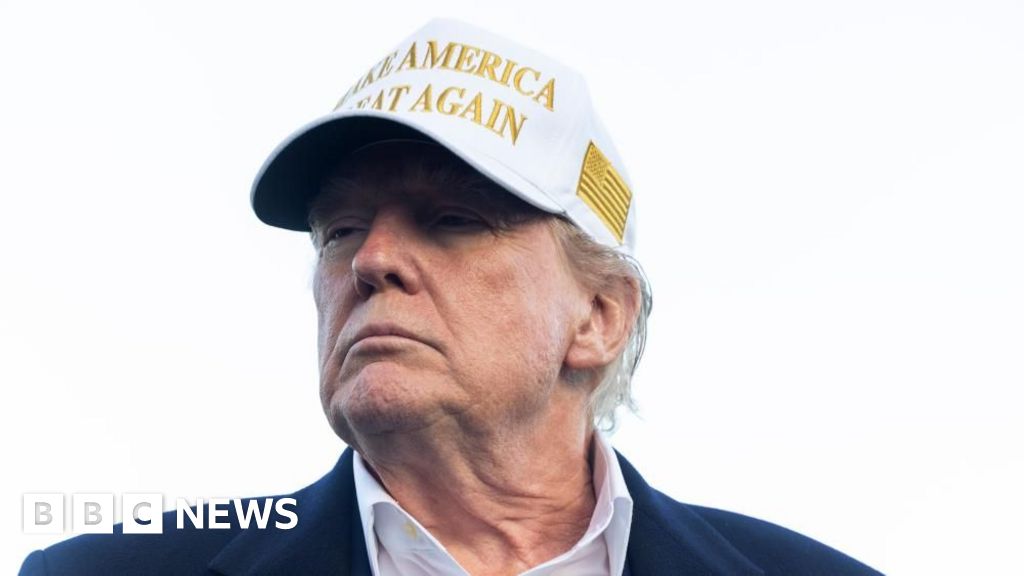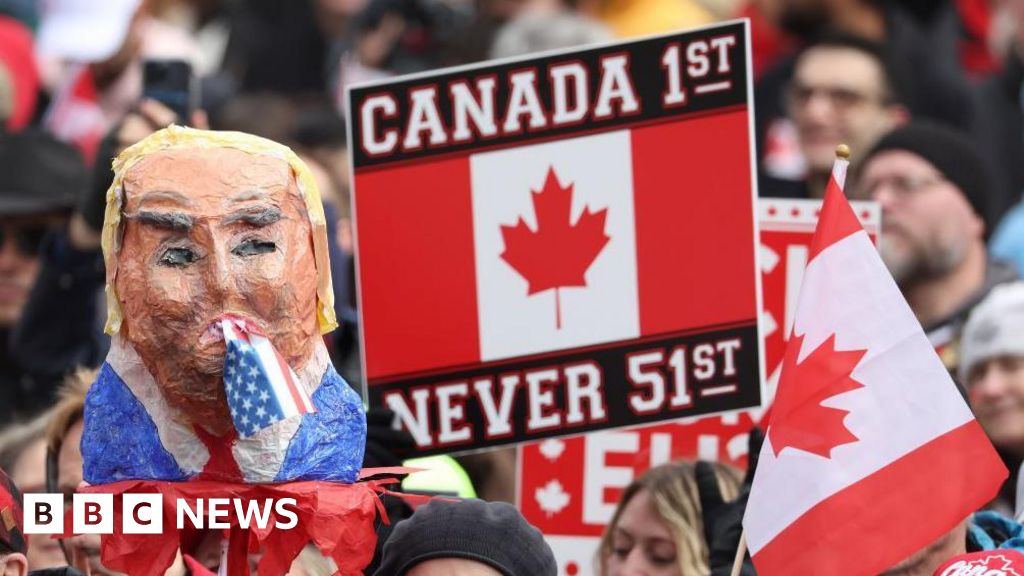Trump's Campaign of Retribution Targets Over 100 Individuals

In a striking continuation of his controversial political tactics, former President Donald Trump has embarked on a campaign of retribution against a wide array of individuals and organizations since the inception of his second term in 2023. What began as a political slogan during his campaign"I am your retribution"has rapidly unfolded into concrete actions that leverage the powers of government against perceived enemies.
According to an in-depth review by NPR, the Trump administration has unleashed a torrent of governmental actions aimed directly at a diverse group of targets that includes political adversaries, media outlets, former officials, universities, and even law firms. Notably, over 100 individuals have been identified as targets of this campaign, which raises concerns about the implications for democratic norms and the rule of law.
Specifically, in just one week in April, a series of alarming events unfolded. On April 9, Trump initiated criminal investigations against two former officials from his own administration, accusing one of them of treasona charge that is historically severe and carries a potential death penalty. That same day, he issued an executive order against a law firm, alleging misconduct during the elections. The very next day, investigations were announced targeting the Democratic governor and attorney general of New Jersey, further exemplifying the administration's aggressive stance.
The following Friday, the administration targeted Harvard University, demanding an end to its diversity programs and insisting on audits to ensure "viewpoint diversity" within the institution. This approach signifies a broader agenda where the administration seeks to reshape American higher education to align with conservative ideologies.
Concerns about the chilling effects of this campaign are mounting. Media organizations and legal institutions are grappling with how to respond to the Trump administration's aggressive tactics. While some have opted to comply with governmental demands to avoid punitive measures, others have found judicial relief when challenging the administration's actions. Federal judges have blocked several of Trump's initiatives, citing constitutional grounds, as noted by Judge Loren AliKhan, who criticized the executive order targeting a prominent law firm as a shocking abuse of power.
Despite these judicial challenges, many of Trump's targets continue to face significant repercussions. Reports indicate that individuals are experiencing income loss and are subjected to ICE detentions, with the anxiety of potential investigations looming over them. Senator Lisa Murkowski, a Republic from Alaska, echoed this sentiment in a recent meeting, expressing her own fears of retaliation for speaking out.
Amid these tumultuous events, some supporters of Trump argue that these actions mark a departure from what they describe as the "weaponization" of law enforcement under the Biden administration. John Lauro, one of Trump's legal advisors, asserted that the current investigations are a means of restoring justice, distancing them from what he characterizes as politically motivated prosecutions of the past.
However, this narrative is met with skepticism from a broad array of critics who view the actions as inherently retaliatory in nature. Amanda Carpenter, a conservative who once worked with Senator Ted Cruz, stated that Trump's campaign represents a direct attack on fundamental rights across various sectors, underscoring a pervasive atmosphere of intimidation.
As the administration continues to wield its powers, it has not only targeted political opponents but has also sought to intimidate those who investigated him. Trump previously faced multiple criminal prosecutions and civil investigations, and his ire has been directed at the officials involved in these inquiries. Letitia James, the New York Attorney General, has found herself in Trump's crosshairs, with Trump calling for her prosecution after her office successfully sued him for fraud.
Additionally, Trump's administration has not shied away from implications of treason against former officials who served during his presidency, targeting those involved in investigating the January 6 Capitol riot. This narrative has extended to threats against law enforcement and the judiciary, further instilling fear among those who oppose him.
In a broader context, Trump's administration has also taken aim at universities and student activists, particularly those protesting U.S. foreign policy regarding Israel. The administration's recent actions involve deporting international students for participating in protests, a move that critics argue violates their constitutional rights.
Ultimately, Trump's aggressive campaign against perceived adversaries raises critical questions about the boundaries of executive power and the protection of civil liberties in America. As the situation continues to evolve, the implications for democracy and the rule of law remain a central concern for observers both domestically and around the world.

























